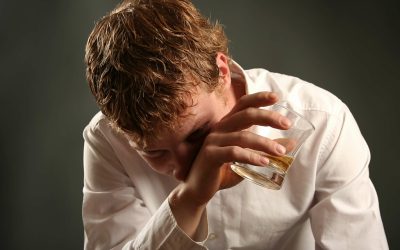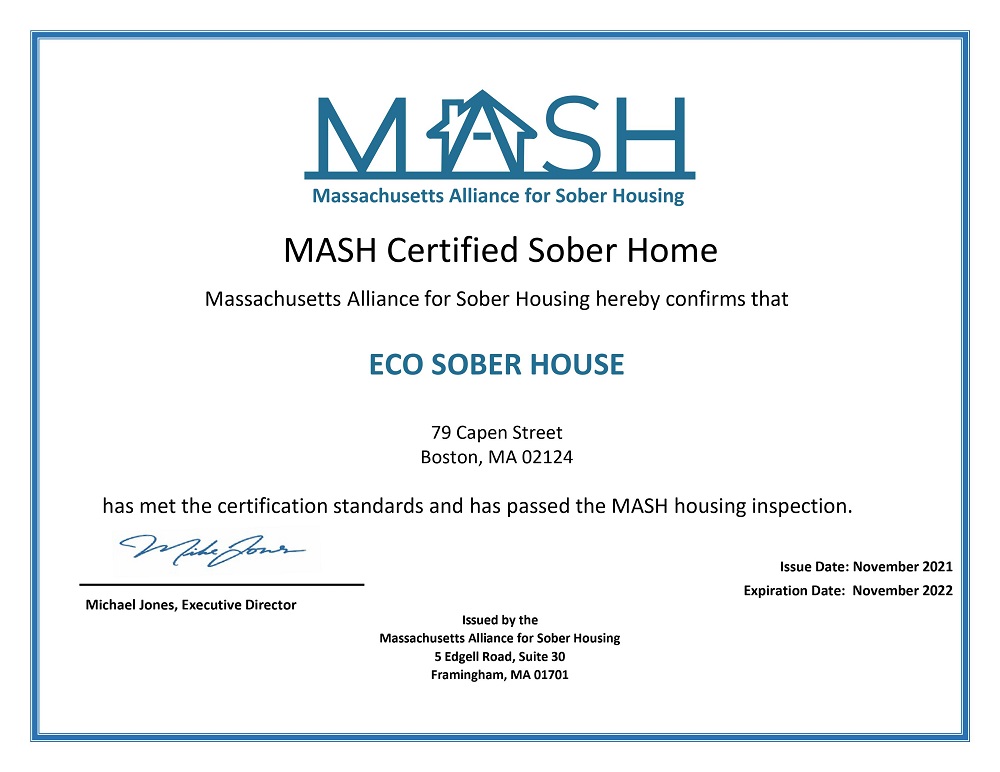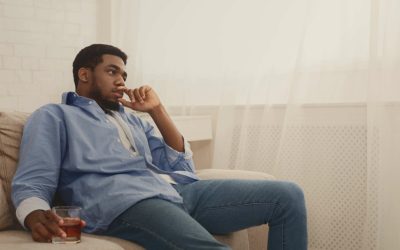Join our supportive sober community where each day becomes a step towards personal growth and lasting positive change. No specific medication has been found to be effective for the majority of patients with both insomnia and AUD. Choose where we’ll send you resources to support your health and financial well-being. Select the option(s) below that best describes you to get communication that matches your interests. As the alcohol in your system begins https://2021.scsaddis.com/2022/01/20/end-stage-alcoholism-signs-symptom-timeline-4/ to wear off, something called “homeostatic recovery” can occur.
What is the Link Between Alcohol and insomnia?
Because alcohol’s effects vary for each person, even small amounts can worsen sleep quality for some people. In addition to the electrophysiologic mechanisms of sleep, Borbely and colleagues postulated a two-process model of sleep regulation (Borbely, alcohol and insomnia 1982). In brief, this model posits that sleep is a function of two independent mechanisms, namely homeostatic sleep drive and circadian rhythmicity. A mismatch between the normally synergistic circadian and homeostatic mechanisms may also lead to circadian rhythm sleep disorders.
When Should I Stop Drinking Before Bed?
While it may initially make you feel drowsy and relaxed, alcohol can disrupt your body’s natural circadian rhythm and interfere with the production of melatonin, the hormone that regulates sleep-wake cycles. For many professionals, stress and pressure Substance abuse is a common part of the working environment. The mix of poor sleep patterns and alcohol dependency can often blur the line between work and personal life, amplifying the stress. However, quitting alcohol can yield incredible improvements in terms of sleep quality.
How does alcohol affect people with insomnia?
Nightmares can further disrupt sleep and contribute to anxiety around bedtime, worsening insomnia and other sleep-related symptoms. If you want to understand why alcohol has a contradictory effect on your sleep cycle, it can help to think about things in terms of sleep stages. Drinking alcohol reduces your sleep onset latency (SOL), or the amount of time it takes to fall asleep. This can seem like a good thing at first, but it doesn’t paint the whole picture of what happens to your body throughout the night. All in all, drinking could reduce the quality of sleep you get each night, even if it seems to help you fall asleep faster. This can leave you feeling like you have insomnia after drinking alcohol—and it’s why having a nightcap before bed might not be such a good idea after all.

Chronic alcohol use can lead to more severe cognitive deficits, affecting daily functioning and quality of life. These impairments may persist even after stopping alcohol consumption, especially in long-term users. Restless legs syndrome (RLS) affects 10-15% of individuals with alcohol-induced sleep disorder. RLS is a neurological condition characterized by an uncontrollable urge to move the legs, usually due to uncomfortable sensations. Alcohol can worsen RLS symptoms by affecting dopamine levels, which regulate movement. Individuals with RLS may experience worsening symptoms after consuming alcohol, particularly in the evening or at night, leading to difficulty falling or staying asleep.
6. Pharmacological treatments for insomnia disorder currently in development

Otherwise, you risk your cortisol levels rising and disrupting a healthy sleep cycle. Future research may also target demographic subgroups that were not fully represented in this review. For example, participants in these studies were not necessarily seeking or engaged in treatment for alcohol use, and they varied in rates of abstinence at baseline. Rates of alcohol relapse may be higher among those in earlier recovery (2 to 4 weeks after detoxification), which is a time of prevalent sleep disturbance (Chakravorty, Chaudhary, et al., 2016). As such, findings may not generalize to those in earlier recovery or those actively seeking treatment.

Understanding Why You Can’t Sleep After Quitting Alcohol
To determine the efficacy of behavioral and pharmacological interventions for insomnia among individuals with alcohol use disorder (AUD). The environment where withdrawal occurs can significantly impact sleep quality. People detoxing in medical facilities often have better sleep support through medications and structured environments, while those attempting withdrawal at home may face more challenges with environmental factors like noise, light, and stress. Many people mistakenly believe that alcohol helps with sleep because it can initially make them feel drowsy and fall asleep faster.
For Treatment Providers
Exercise regulates your natural sleep-wake cycle8 and reduces withdrawal-related anxiety. Listen to your body, start slow, and gradually increase intensity as you feel stronger. Chemical messengers in your brain, like GABA and glutamate, play crucial roles in regulating sleep. When you start drinking, alcohol mimics the effects of GABA and makes you feel sleepy.
- It might sound a little too easy, but adjusting your evening light exposure can dramatically improve your sleep quality.
- In this manuscript we will adhere to the ICSD-3 classification for sleep disorders.
- Telemedicine offers a convenient way to consult with a healthcare provider from the comfort of your home.
- Age significantly influences withdrawal insomnia severity, with older adults often experiencing more persistent sleep problems due to natural age-related changes in sleep architecture.
Surprising Ways Hydration Affects Your Sleep
These fluctuations play a vital role in the sleep-wake cycle, and when they are weakened—or absent—a person may feel alert when they want to sleep and sleepy when they want to be awake. In short, falling asleep after drinking happens quickly, but staying asleep after drinking is much harder. And skipping alcohol for a night may not immediately stop sleep disruptions. If you’ve ever leaned on alcohol to help you fall asleep, you’ve probably found yourself wide awake and anxious around 3 a.m.

